Impact on World War Two
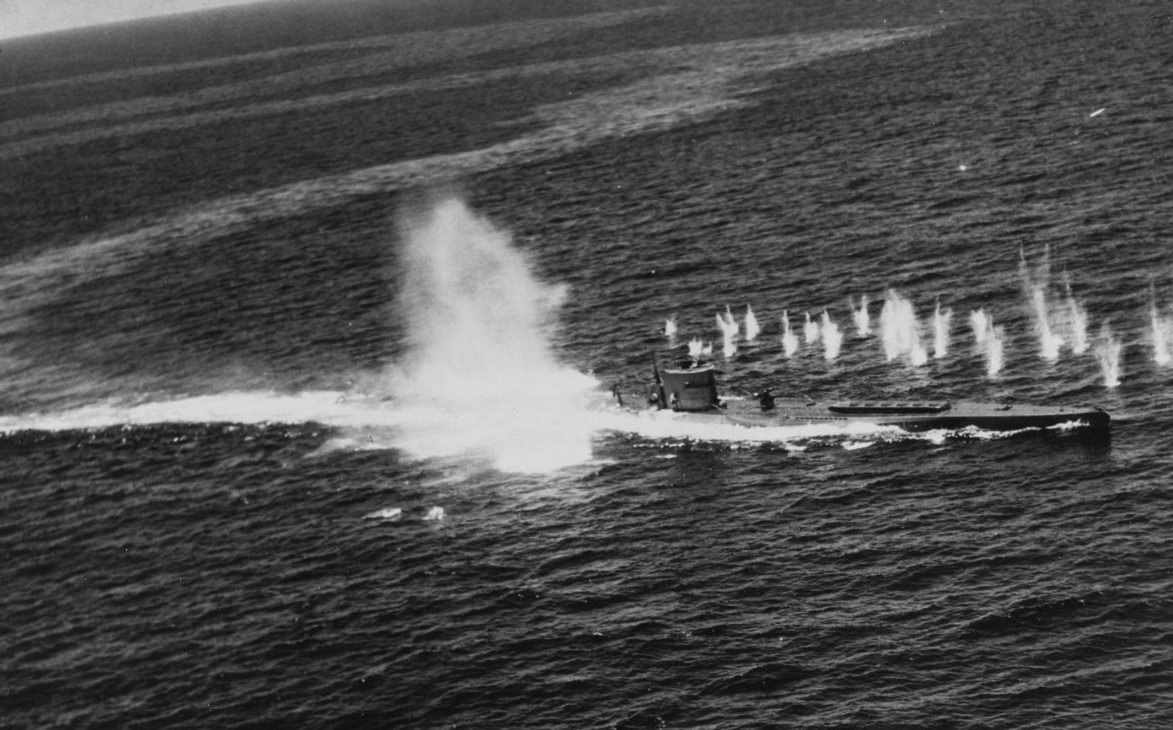
During the Battle of the Atlantic German U-boats operated in "wolfpacks" to dominate the Atlantic Ocean. U-boats hunted and destroyed Allied ships and submarines. When the German Naval Enigma code was broken the Allied Navy was able to find and destroy more U-boats than ever before. Eventually Germany was forced to concede the Atlantic on May 8, 1945.
"In 1941 alone, ultra saved between 1.5 and two million tons of Allied ships from destruction."
- Sir Max Hastings, Historian and Journalist for BBC
"German U-boat U-118 attacked and sunk 12 June 1943 by aircraft from USS Bogue (ACV-9) (80-G-68694)."
Source: history.navy.mil
"I am sure that without the work of many unknown experts at Bletchley Park…the turning point of the Battle of the Atlantic could not have come as it did in May 1943, but months, perhaps many months, later. In that case the Allied invasion of Normandy could not have been possible in June 1944, and there would have ensued a chain of developments very different from the ones which we have experienced."
-Jürgen Rohwer, leading German Expert on the Battle of the Atlantic
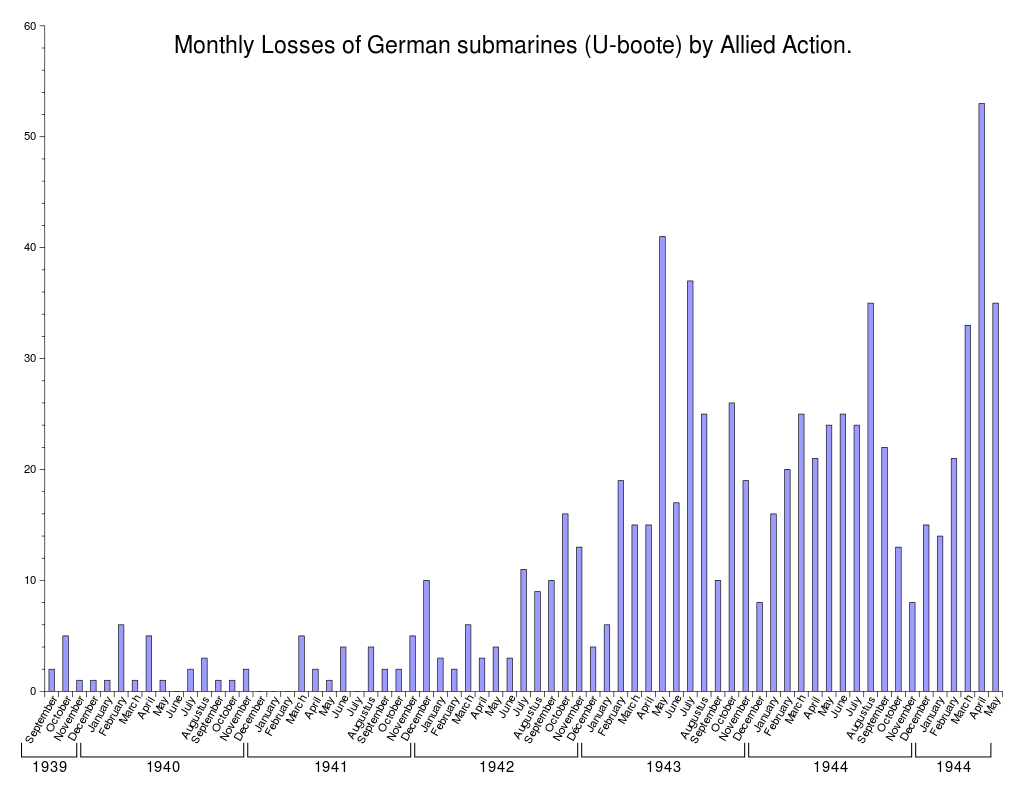
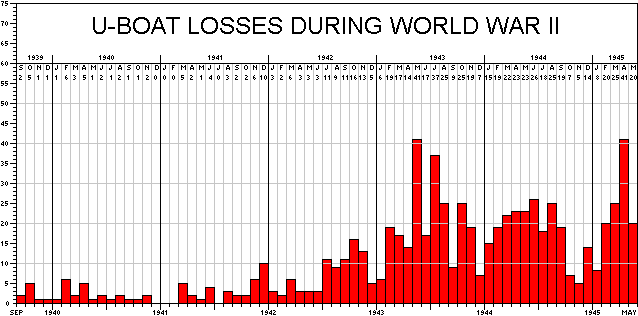
Source: the Anti-Submarine Report
Source: the Anti-Submarine Report
"Because he had the invaluable advantage of being able to read [Field Marshall Erwin] Rommel's Enigma communications, [General Bernard] Montgomery knew how short the Germans were of men, ammunition, food and above all fuel. When he put Rommel's picture up in his caravan he wanted to be seen to be almost reading his opponent's mind. In fact he was reading his mail."
-Andrew Roberts, British Historian and Journalist
During the African Campaign of WWII, Germany was attempting to expel Allied forces from Africa. Using Ultra intelligence, Allied forces were able to locate and destroy Axis supply ships. Without adequate supplies, General Rommel, the German commander of the African Campaign, and the Axis Powers were forced to surrender Africa on May 13, 1943.
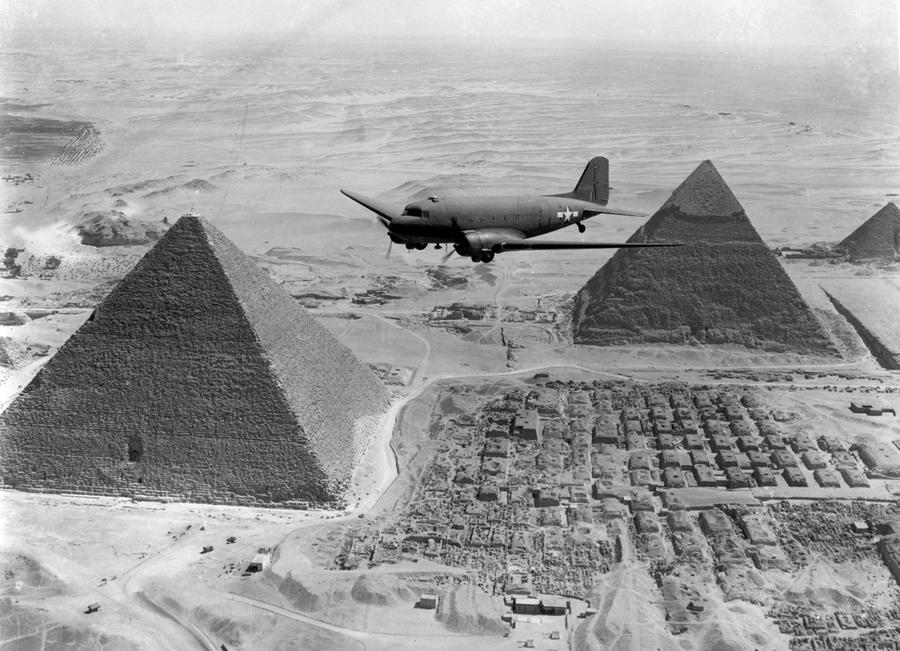
"Here, a U.S. Air Transport Command plane, loaded with war supplies, flies over the pyramids at Giza, near Cairo, Egypt" 1943
Source: theatlantic.com
“There, in the autumn of 1941 against Rommel it [Ultra] turned almost certain defeat into a stalemate. If not then, then certainly in the summer of 1941 after Rommel had returned to the Egyptian frontier, it made a decisive contribution to keeping him out of Egypt between his victory at the Battle of Gazala in 1942 and the British getting ready for their own victory at El Alamein. It did this chiefly by killing off his seaborne supplies. Both the Italian machine cipher and the airforce Enigma and a bit of naval Enigma contributed decisively to starving Rommel of fuel and replacement hardware and ammunition. Without that, the commander of our own forces at the time, General Auchinleck, concluded that Rommel would have got through to Egypt.”
-Sir Harry Hinsley, Codebreaker at Bletchley Park
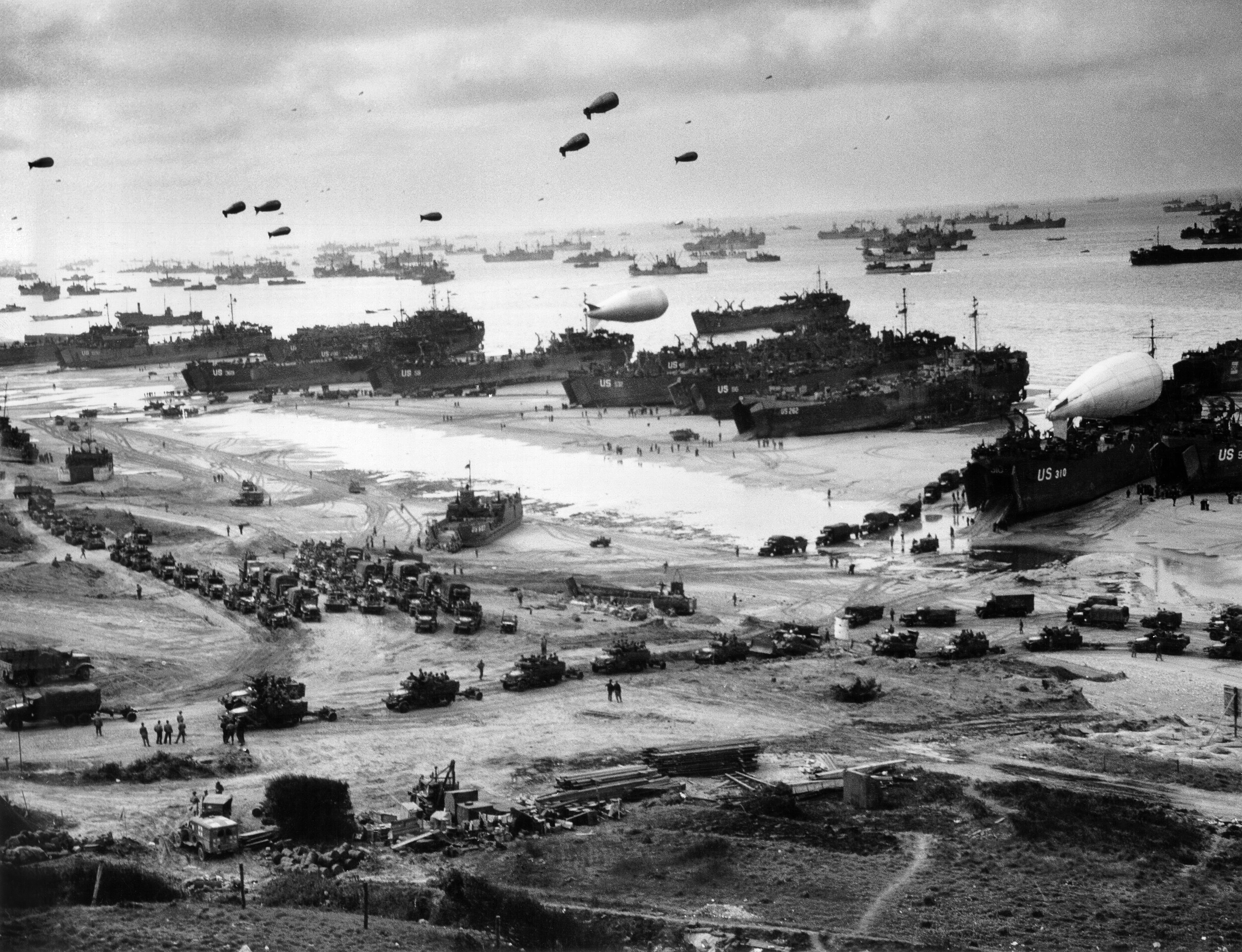
"The Normandy Invasion" 6 June 1944
Source: militaryhistorynow.com
Using decrypted Enigma communications Allied leaders knew where Germany was weak and whether or not misdirection tactics were working. This information was used to mount a cross channel invasion on German forces in Normandy, France on June 6, 1944. This invasion became known as D-day. Due primarily to Ultra intelligence, the Allied troops were able to liberate northern France in August of 1944 and successfully forced their way into Germany on September 11, 1944.
“Rommel was appointed Inspector General of the West, and he inspected all the defenses along the Normandy beaches and send a very detailed message that I think was 70,000 characters and we decrypted it as a small pamphlet. It was a report of the whole Western defenses. How wide the V shaped trenches were to stop tanks, and how much barbed wire. Oh, it was everything and we decrypted that before D-Day.”
- Arthur J. Levenson, Codebreaker at Bletchley Park during WWII
Personal Interview with Jack Copeland, Director of the Turing Archive
Ultra
Lasting Effect




